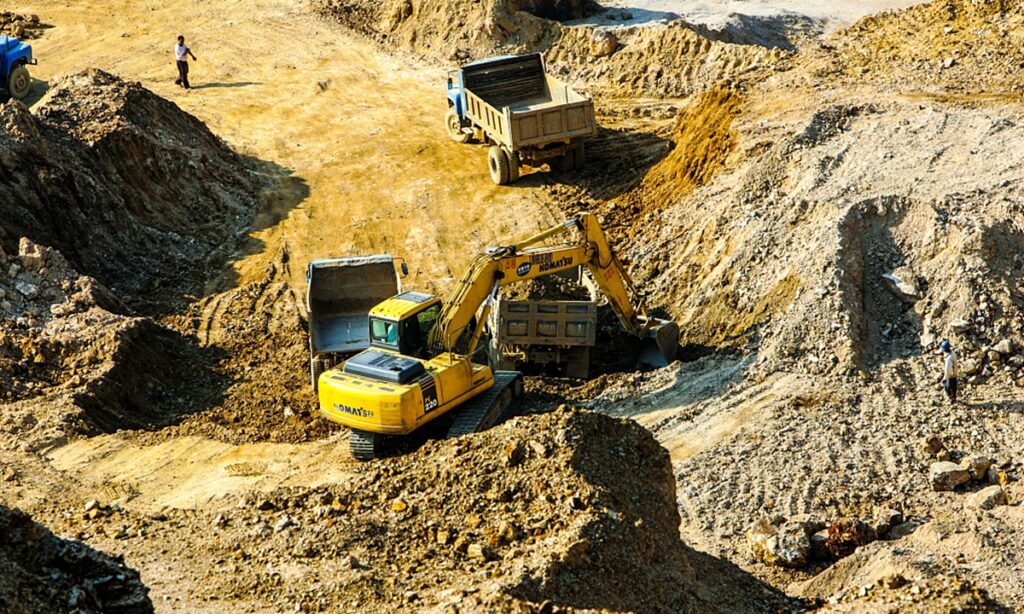Move is in line with international practices: expert
China’s Ministry of Commerce (MOFCOM) on Tuesday announced revisions to a list of bulk commodities whose imports and exports should be reported for keeping statistical record, and for the first time rare earths are being placed on the list.
Analysts said that the move is in line with common international practice and the purpose is to ensure the healthy and stable development of rare earths, which are central to next-generation technologies.
According to a circular posted on the website of the MOFCOM on Tuesday, traders need to immediately report the shipment, amount and time of exports of bulk commodities that are on the list. Related import and export commerce chambers are responsible for collecting and analyzing the data, which will be reported to the MOFCOM.
As part of measures to stabilize the country’s foreign trade, Chinese authorities established a statistical mechanism for imports and exports of bulk commodities in line with common international practice, according to the circular.
Effective surveys and statistics will contribute to a precise understanding of the status quo and trends in the trade of bulk commodities and guide traders to conduct foreign trade in an orderly fashion to avoid risks and ensure stable foreign trade, it said.
“The move will provide comprehensive export data about rare earths, including volume and price, so as to ensure the healthy and stable development of these valuable resources in the digital era,” Wang Guoqing, research director at Beijing Lange Steel Information Research Center, told the Global Times on Tuesday.
China’s State Council, the cabinet, stressed high-quality development of the rare-earth industry at an executive meeting on October 3. Noting that rare earths are strategic mineral resources, it called for enhanced efforts to coordinate the exploration, development, utilization and standardized management of rare earths, to promote the development and application of a new generation of green, efficient mining and related technologies.
Efforts should also be made to crack down on illegal mining and environmental damage, while promoting intelligent and green development of the country’s rare earths, according to the meeting.
The MOFCOM’s move “came in response to the high-quality development of the rare-earth sector as required by the State Council, which is also aimed at ensuring energy security and national security,” Wu Chenhui, an independent industry analyst who closely follows the rare-earth sector, told the Global Times on Tuesday.
Wu added that China will roll out more detailed policies regarding rare-earth development and usage.
Rare earths, dubbed “industrial gold,” comprise a group of 17 chemical elements used in a wide range of products from high-tech consumer electronics to weaponry.
China provides more than 85 percent of the world’s rare earths and is home to about two-thirds of the global supply of scarce metals and minerals, according to a report by the US think tank the Center for Strategic and International Studies in 2021.
Although China has large rare-earth reserves, the development of the industry remains in its early stages, resulting in prices being pushed down to a relatively low level.
“Some rare-earth minerals have been traded for ‘cabbage prices’,” said Wang, noting that the MOFCOM’s move will strengthen regulations of rare-earth exports.
By collecting comprehensive export data, the Chinese authorities will be able to formulate appropriate policies for exports of rare earths in a bid to elevate the competitiveness of the Chinese industry and enhance its power of discourse internationally, she said.
(Global Times)




